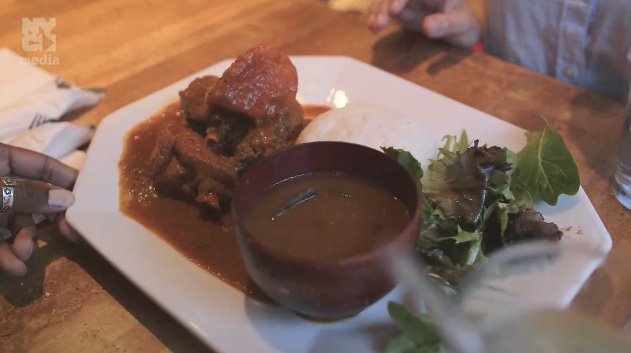Colleges Missing the Mark in Recruiting Latino HS Grads
There is a definite disparity between Latino students and those of other ethnic backgrounds on the campuses of major colleges. Of the Latino students who are moving on to higher education, 69 percent of them are opting for community colleges instead of four-year universities.
The cause and remedy of this is the subject of much discussion and investigation.
For one, it seems that low-income high schools, which represents a large amount of Latino students, simply doesn't get the recruiting attention that more well-to-do secondary schools do.
According to a recent report in the LA Times, high end high schools in California often receive college visits and recruiters numbering more than 100 in any given year. In some of the less wealthy neighborhoods, a high school might be lucky to get five visits.
For their part, the colleges say that they send their recruiters out to schools where they have historically had more success in getting applications and enrolling freshmen, and they sometimes admit that a potential student's mobility and/or ability to pay tuition does play a role.
"That is shameful since so many talented students are not given a chance or not introduced to the vast landscape of higher education opportunities," said Shaun R. Harper, director of the University of Pennsylvania's Center for the Study of Race and Equity in Education to the LA Times. Harper, who has tracked high-performing black and Latino students in low-income schools in New York, says the trend is the same on both coasts.
But even among Latinos that graduate from affluent, high-performance schools, the vast majority of them gravitate toward community colleges after graduation compared to their classmates.
Among California's best performing high schools, 46 percent of Latino graduates will be heading to a community college according to a recent USC report. That compares to 27 percent of white students, 23 percent of black students and 19 percent of Asian students.





